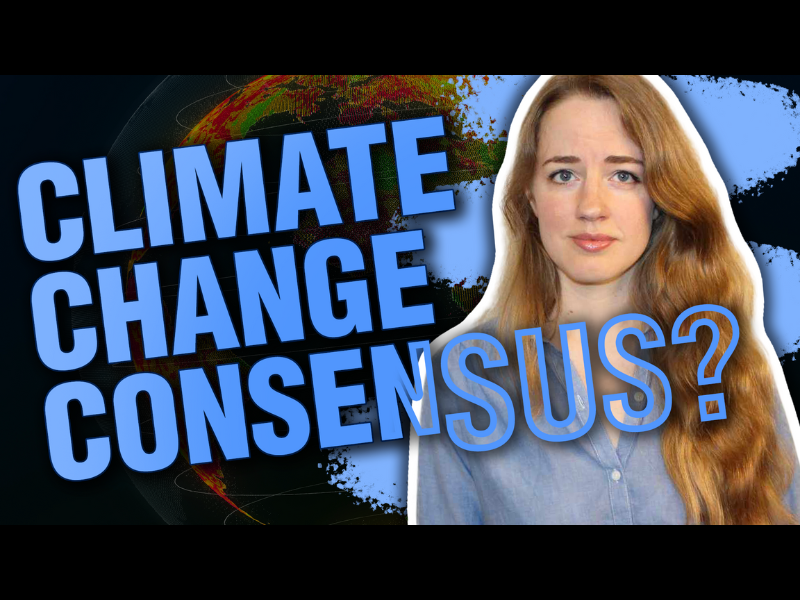A new California law could substantially increase the cost of building or rehabilitating infrastructure in the state and perhaps elsewhere.
Gov. Jerry Brown signed the Buy Clean California Act on October 15, 2017, requiring state agencies to consider the carbon footprint of materials used in infrastructure projects when purchasing steel, flat glass, and mineral wood, a term used to cover a broad range of insulation for buildings.
The new law is the world’s first legislative effort to restrict carbon emissions in the supply chain, tying infrastructure projects to the larger debate over combatting climate change. Environmental activists, labor unions, and “green” businesses all favored the law.
The law’s backers have said they intend to introduce legislation in the 2018 session of the state’s General Assembly to expand the categories covered under the Buy Clean California Act.
‘Carbon Loophole’
With the law scheduled to take effect in 2019, state agencies involved in infrastructure projects—first and foremost, the California Department of Transportation—will begin the process of selecting criteria for determining which companies qualify as low-carbon suppliers later this year.
The new law grants state agencies wide latitude in determining which suppliers qualify for infrastructure projects.
California spends approximately $10 billion a year on infrastructure. Groups such as the Sierra Club of California, Greenpeace, the ClimateWorks Foundation, and the BlueGreen Alliance, a national coalition of labor and environmental organizations, have long pushed the state to close what they call the “carbon loophole.” With various laws restricting carbon dioxide emissions from businesses in California already in place, environmental activists called for a law restricting emissions in the supply chain, saying it was necessary because “high-carbon” suppliers of goods and services used by the state, including especially the materials used in infrastructure projects, could simply relocate to other states with a friendlier regulatory environment and still serve as suppliers for California infrastructure projects.
Unknown Cost Impact
California officials have said other states and one foreign country have expressed interest in enacting similar legislation, though they declined to name them.
Because no one knows how the anti-carbon restrictions on supply chains will affect the cost of building and repairing roads, bridges, tunnels, and the like, the law’s effect on infrastructure project budgets is unknown.
One of the biggest hurdles legislators will have to overcome as they develop national infrastructure legislation is expected to be figuring out ways to pay for it. With research having demonstrated restrictions on carbon dioxide emissions raise energy and other costs, should other states follow California in adopting low-carbon supply-chain programs, the reduced pool of potential suppliers could substantially raise the cost of infrastructure projects. That would make realistically estimating the cost of President Donald Trump’s nationwide infrastructure initiative even more difficult than it already is.
‘As Stupid As They Want to Be’
Tim Benson, a policy analyst at The Heartland Institute, which publishes Environment & Climate News, says the U.S. Constitution ensures states are free to make costly decisions affecting their own citizens.
“One of the beauties of federalism is it allows different states to experiment with a variety of policies, including allowing states to be as stupid as they want to be,” Benson said. “The elected representatives of the people of California can continue to pass shortsighted, pointless, and expensive legislation, and the Golden State will continue to hemorrhage its citizens and businesses to states where there is concern for issues above and beyond environmental peacockery.”
Jordan McGillis, a policy analyst with the Institute for Energy Research, says California’s new law will lead to a higher cost of living for the state’s residents, through business flight from the state and in-state cronyism.
“With the signing of laws like the Buy Clean California Act, it’s no wonder California continues to see more residents exit than newcomers enter from other states, year after year,” said McGillis. “When this law is implemented, the labor-environmental coalition’s influence will steer taxpayer dollars toward their favored firms, line the pockets of the politically connected, and further inflate the state’s cost of living.”
Bonner R. Cohen, Ph.D. ([email protected]) is a senior fellow at the National Center for Public Policy Research.





